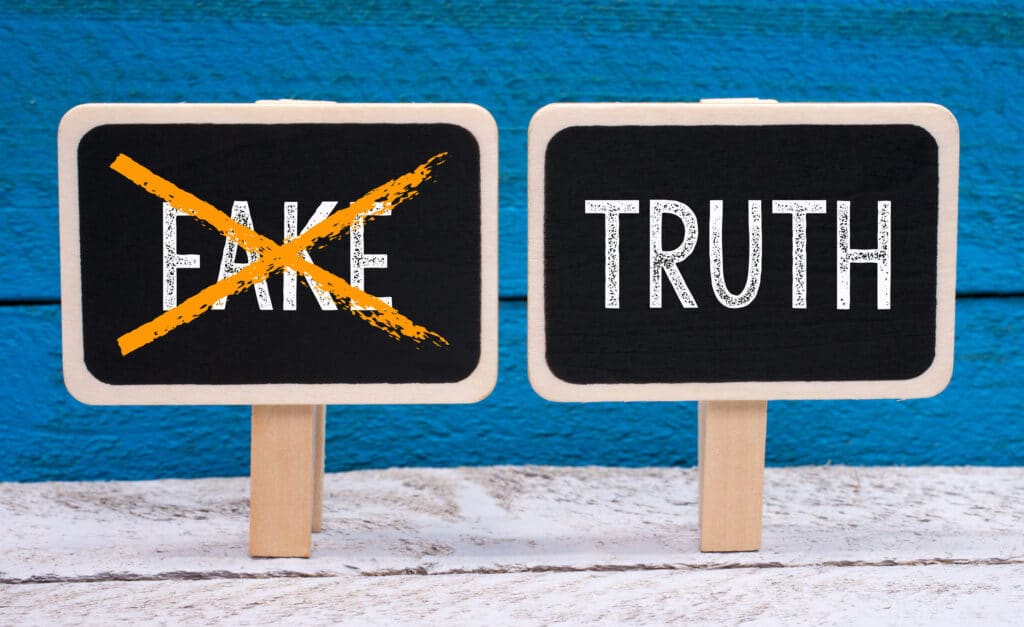How to Maintain Integrity and Transparency In PR
In Public Relations (PR), maintaining integrity and transparency is not just a best practice—it's a necessity. As the gatekeepers of an organisation's public image, PR professionals are tasked with balancing their clients' interests while upholding ethical standards that foster trust and credibility. For a PR agency like us, these values are at the core of every campaign, ensuring that communications are both effective and principled.
The importance of ethics in PR
Ethics in PR refers to the moral principles that guide the behaviour and decisions of PR professionals. These principles ensure that the actions taken by PR agencies are not only legal but also morally sound, reflecting the values of honesty, integrity, and fairness. We are in an era where misinformation and fake news can spread rapidly, especially online, so the role of ethics has become even more important. Clients, stakeholders, and the public at large rely on PR professionals to deliver truthful information and represent organisations authentically, so that’s exactly what we do.

At Peppermint Soda, we recognise that our reputation—and that of our clients—depends on our commitment to ethical practices. By prioritising integrity and transparency, we build trust with our audiences and the media we work with and contribute to the broader goal of fostering an informed and engaged public.
The Pillars of Ethical PR
To maintain integrity and transparency, there are several key principles:
- Honesty and transparency: Being truthful is the foundation of ethical PR. This means presenting information accurately, without exaggeration or omission. Transparency involves being open about the intentions behind a campaign or message, ensuring that the public understands the context and purpose of the communication.
- Accountability: PR professionals must take responsibility for their actions and the outcomes of their campaigns. This includes acknowledging mistakes and taking steps to rectify them. Accountability fosters trust and demonstrates a commitment to ethical behaviour.
- Respect for the public: The public is not just a target audience but stakeholders in the communication process. Ethical PR respects the public’s intelligence, avoiding manipulation or deceptive tactics. This respect is demonstrated by providing clear, accurate, and accessible information.
- Confidentiality: While transparency is crucial, PR professionals also have a duty to protect sensitive information. Confidentiality involves safeguarding the private information of clients, employees, and other stakeholders, balancing the need for transparency with the obligation to protect privacy.
- Fairness: Ethical PR practices ensure that all stakeholders are treated fairly and equitably. This means voicing diverse perspectives, avoiding discrimination, and promoting inclusivity in communications.
Challenges to maintaining integrity and transparency
While the principles of ethical PR are clear, maintaining integrity and transparency can be challenging. The pressures of the industry, including tight deadlines, competitive markets, and the demands of clients, can sometimes lead to ethical dilemmas. Here are some common challenges faced by PR professionals like us:
- Client Pressure: Clients may sometimes push for strategies or messages that stretch the truth or withhold critical information. PR professionals must navigate these situations carefully, advocating for ethical practices while addressing the client’s needs.
- Fake News: With so much reliance on the internet, misinformation can spread quickly, complicating efforts to maintain transparency. PR professionals must be vigilant in fact-checking and verifying information before it is disseminated.
- Conflicts of interest: PR agencies often represent multiple clients, sometimes in related or competing industries. Managing conflicts of interest requires clear policies and open communication to ensure that all parties are treated fairly and that ethical boundaries are maintained.
- Social Media dynamics: Social media’s immediacy can lead to hasty decisions and unintentional ethical breaches. PR professionals must balance the need for timely responses with the obligation to provide accurate and considered information.
The Peppermint Soda strategies for upholding ethical standards
Given these challenges, how can PR professionals maintain integrity and transparency in their work? At Peppermint Soda, we employ several strategies to ensure that our communications are both ethical and effective:
- A code of ethics: A well-defined code of ethics provides a framework for decision-making and behaviour within the agency. This code outlines the principles of honesty, transparency, accountability, and fairness, offering clear guidelines for us to follow.
- Ongoing training: We regularly train all our team on ethical practices to ensure that they are aware of the latest industry standards and understand how to apply ethical principles in their daily work.
- Promoting integrity: Ethical behaviour must be embedded in the organisation’s culture, and at Peppermint Soda, we emphasize the importance of integrity in all aspects of our work, from client interactions to internal communications. Our business has a culture of integrity, so we can ensure that ethical considerations are at the forefront of every decision.
- Open communication: Transparency begins with open communication, and we take pride in the fact that all our team members feel comfortable enough with each other to discuss ethical concerns and raise questions about potential issues. We promote a collaborative environment where ethical dilemmas can be addressed proactively.
- Implementing ethical audits: Regular ethical audits help to identify potential risks and ensure that our practices align with ethical standards. These audits involve reviewing past campaigns, assessing current practices, and adjusting as needed to maintain our high standards.
- Being engaging: Transparency also involves open and honest engagement with stakeholders—including clients, the public, and the media. At Peppermint Soda, we prioritise stakeholder engagement, seeking feedback and input to ensure that our communications align with our audiences’ needs and expectations.
The Role of PR in promoting ethical practices
As PR professionals, we are not just responsible for our own ethical behaviour; we also play a crucial role in promoting ethical practices across the organisations we represent. PR professionals like us can influence the broader corporate culture by advocating for transparency and integrity and help clients navigate ethical challenges.
For example, when a client faces a crisis, an ethical PR approach involves more than just managing the immediate fallout—it requires a commitment to addressing the underlying issues and communicating honestly with stakeholders. This might include issuing public apologies, implementing corrective actions, and providing ongoing updates as the situation evolves.
At Peppermint Soda, we view our role as both advisors and advocates for ethical practices. We work closely with our clients to ensure that their communications are effective and aligned with their values and ethical obligations.
The Impact of ethical PR on reputation
Maintaining integrity and transparency in PR is not just about doing the right thing—it’s also good for business. Organisations that are perceived as ethical and transparent enjoy higher levels of trust, which can translate into stronger relationships with customers, employees, and other stakeholders.
Research shows that consumers are increasingly concerned with the ethics of the companies they support. A study by Edelman found that 81% of consumers say that trust in a brand is a deal-breaker or deciding factor in their purchase decisions. By prioritising ethical practices, PR professionals like us at Peppermint Soda can help build this trust, enhancing their clients’ reputation and long-term success.
Our commitment to ethics is reflected in our campaigns’ success and our clients’ loyalty. We believe that by maintaining integrity and transparency, we achieve our clients’ objectives and contribute to a more ethical and trustworthy public discourse.
Overall, ethics in PR is not just a set of guidelines—it’s a fundamental aspect of how we operate at Peppermint Soda. By prioritising integrity and transparency, we ensure that our communications are effective and ethical. In a world where public trust is increasingly fragile, our commitment to these principles is what sets us apart as a PR agency.
For more insights on how we maintain ethical practices in our PR campaigns, have a look through our full website or contact us at [email protected]
Read all about it...
LATEST NEWS

5 Proven Ways to Increase Audience Engagement Through Communications

How to Utilise News Hooks and Calendar Dates for PR Stories


